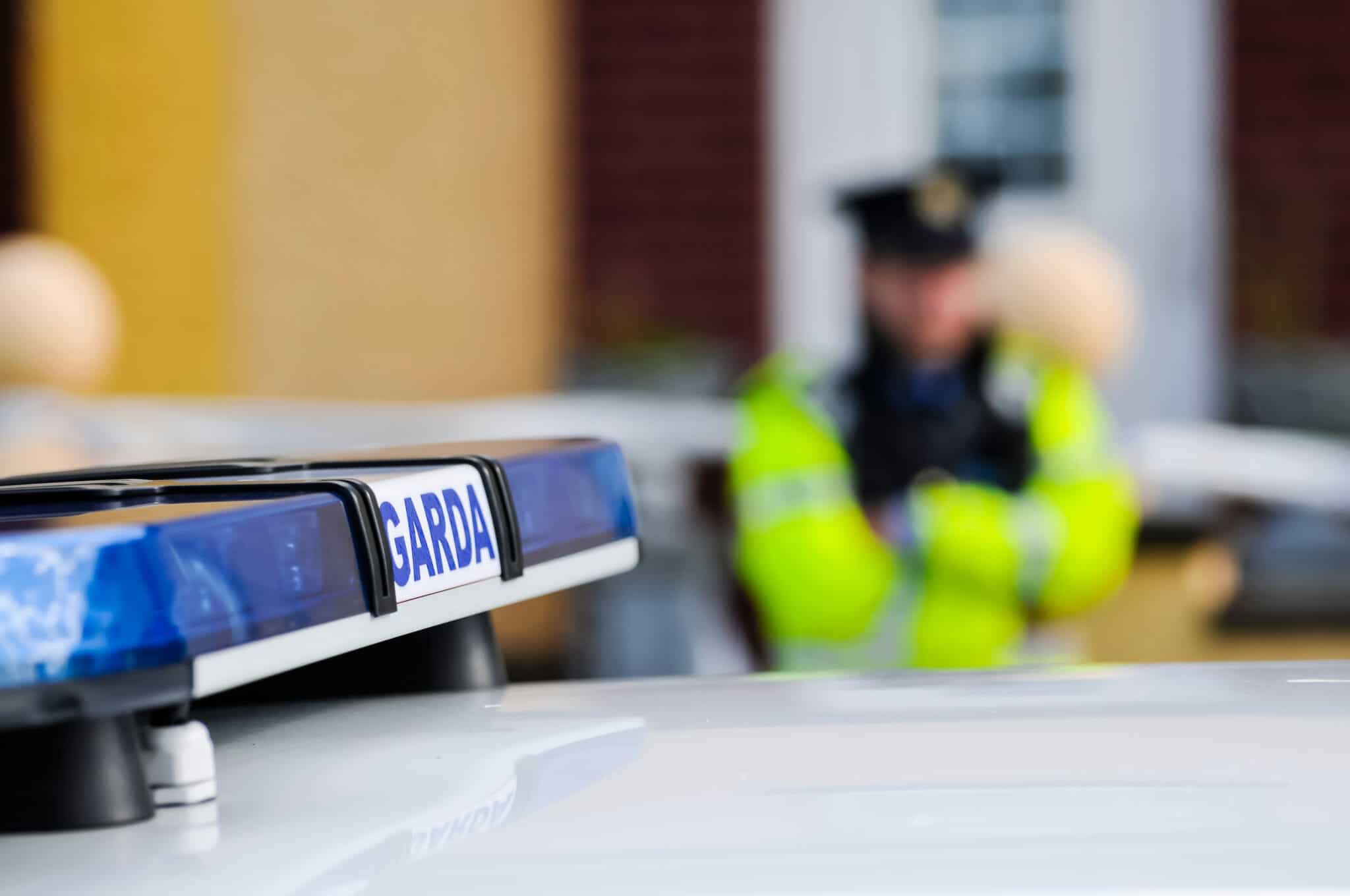Ireland will introduce facial recognition legislation soon meaning the controversial technology could be on Irish streets by the summer.
Ireland’s justice minister Jim O’Callaghan said he wants to bring in the legislation “this summer” allowing police to use retrospective facial recognition technology. The introduction follows heated debates over the technology in the Irish parliament as well as concerns raised by rights groups.
The minister believes current methods are too old-fashioned, calling it a “waste of time” when the technology exists to assist. O’Callaghan, in a local television interview, noted the example of two Irish policemen returning from retirement to manually trawl through footage of the 2023 Dublin riots to see if they could identify people, reports EuroWeekly News.
The previous Irish government planned to introduce facial recognition as part of legislation for body-worn cameras for police, but was blocked by the country’s Green Party. The legislation is expected to introduce Retrospective Facial Recognition (RFR) which is used after a crime has occurred to identify suspects from mobile footage or CCTV.
Retrospective facial recognition technology has already begun to be used by the UK’s Met Police with tests run in partnership with South Wales Police and the National Laboratory (NPL) to determine if the algorithms discriminate based on age, race, or gender, which is a major concern among rights groups. The tests do not show discrimination, according to the NPL.
In perhaps related news, the Irish justice minister said a new law being introduced grants power to the Irish police (known as Gardaí) to remove face coverings at protests. “It won’t impinge on your right to protest,” O’Callaghan claimed in a video on his X account, “but it will require people to remove face coverings.”
UK academics have noted that introducing such laws that require the removal of face coverings often go hand-in-hand with the introduction of facial recognition.
In the UK, former prime minister Tony Blair recently argued for the implementation of live facial recognition as he believes it would “enhance justice.” Live video from body cams and CCTV could be used to provide real-time advice to officers, Blair was quoted as saying in The Times. But critics have concerns over privacy and the potentially chilling effects on the right and freedom to protest. London police are planning to install the UK’s first permanent live facial recognition cameras, catching potential criminals by matching their faces with a database. Big Brother Watch condemned the move and called for legislative safeguards on facial recognition, challenging the legality of the Met Police’s deployment of facial recognition after a case of misidentification.
Related Posts
Article Topics
biometric identification | biometrics | criminal ID | facial recognition | Ireland | legislation | police
Latest Biometrics News
Refugees in Chad can now apply for a legal identity to bring them an important step closer to social and…
Moldova has reached several milestones towards complying with European Union regulations on electronic identification over the past months. On April…
A team from MOSIP (Modular Open-Source Identity Platform) has travelled from India to Sri Lanka to test the minimum viable…
Laos is ready to take its nationwide digital ID card system to the next stage. The Southeast Asian country’s Department…

